In a breakthrough for reducing the carbon footprint of North American construction, Bill S287 was signed on the 30th of January in New Jersey by Governor Phil Murphy. The Bill provides corporation business tax (CBT) and gross income tax credits for the costs of preparing environmental product declarations that assess the global warming potential of concrete mixes, which enable comparison of their environmental impacts.
The bill further provides specific tax credits for the delivery of concrete for use in state construction and improvement projects that has lower carbon emissions associated with its production, including mining, refining, manufacturing, or shipping, or that utilizes carbon capture, utilization, or storage technology to remove or recycle carbon dioxide generated through the manufacturing process.
This is great news for all the reduced carbon concrete companies and innovators that Ecohome has been reporting on over the last few years, as concrete in construction is a major contributor to the overall embodied carbon of the built environment. What North American home doesn't start on a solid, and usually concrete, foundation or slab-on-grade?
Legislation is the way to accelerate change in construction practices
As much as new legislation and changes in building code can cause headaches in the construction industry, and this being an industry that already struggles to recruit and train sufficient workers - we feel that new legislation that mandates better building practices is the only way to speed up the adoption of more environmentally friendly practices and materials.
Concrete is one great example, as lower carbon concrete exists and often has an insignificant cost penalty. So if legislation were universally adopted, then even that minor cost difference would probably disappear. Another great example - which causes howls of protest every time it gets tabled - is banning fossil (natural) gas from homes - this would also need legislation to denormalize gasifying every new home (and home owner)!

Obviously the legislators agree in New Jersey:
“As our efforts to decarbonize our economy become more urgent, we must also ensure that they become increasingly more economically attractive,” said Governor Murphy. “It’s bills like these that prove that the steps we take to combat climate change can – and will – stimulate economic activity and growth in the industries that remain key to our climate solution. Together with the Clean Buildings Working Group I unveiled in October, this legislation will further support the construction of greener, cleaner buildings and roadways in New Jersey.”
"The signing of this bill represents a significant step forward in our efforts to combat climate change and promote sustainable economic growth," said Senator Linda Greenstein. “It is the first of its kind in the country and will not only help to reduce emissions from the building sector, but also incentivize New Jersey businesses to invest in low-carbon technologies. A win-win for our environment and economy."
“By incentivizing the manufacturing and use of low carbon concrete, we are building on our efforts to reduce New Jersey’s carbon emissions,” said Assemblyman John McKeon. “The concrete industry is a leading industrial source of carbon emissions, and a significant portion of concrete produced in the United States is used for public projects. With this new law, we are taking steps to create a healthier and environmentally safer New Jersey for future generations to enjoy.”
"In order to meet our decarbonization goals, we will need new solutions and be able to address all areas of our economy,” said Ray Cantor, Deputy Chief Government Affairs Officer, New Jersey Business & Industry Association. “We must also incentivize the business community to further use innovative products and processes. This bill does exactly that, by providing tax incentives to developers to use low carbon concrete. We thank the sponsors and Governor Murphy for advancing this legislation."
“This is an example of a win-win. It’s good for the environment and good for business by positioning New Jersey at the forefront of a growing low-carbon concrete industry. We sincerely thank Senator Greenstein for her vision, leadership, and commitment to passing this bill, as well as to Assemblyman John McKeon for his tireless efforts to advance environmental protection,” said Ed Potosnak, Executive Director, New Jersey League of Conservation Voters. “Because concrete accounts for 7% of global carbon emissions, this law is an important step in mitigating climate change while also supporting New Jersey businesses.”
Bio-based construction materials still lead the way over concrete
Our feelings about concrete are quite straight forward. Use as little concrete as possible, and until carbon negative concrete is readily available that doesn't use diminishing sand or gravel reserves, then use alternatives to concrete wherever viable.
We highlighted this recently in our mid-rise construction mass-timber v concrete comparison report where we showed that engineered wood products like CLT and Glulam have a lower embodied carbon, and improve building performance and biophilic design elements.
Now you know more about Bill S287 in New Jersey for helping the decarbonization of the concrete industry, read more here about how to reduce the carbon footprint of homes and sustainable construction...Find more pages about sustainable and resilient green building techniques here:
Find more about green home construction in the Ecohome Green Building Guide pages and all the advantages for becoming an Ecohome Network free member |
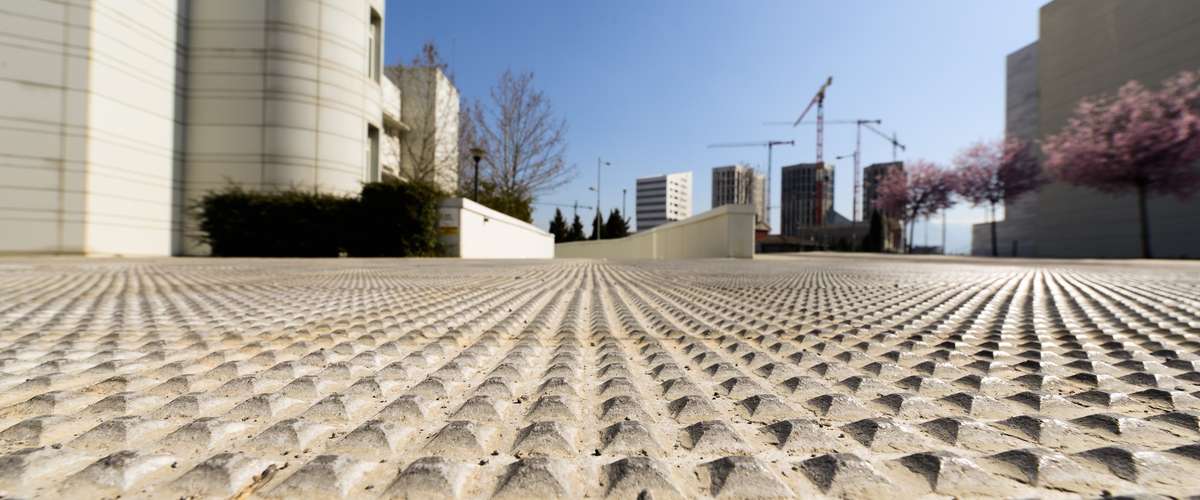



















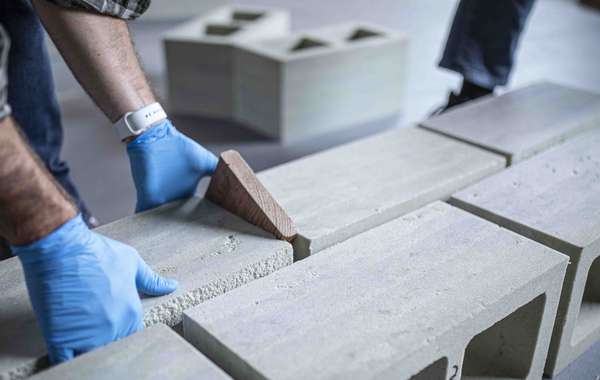
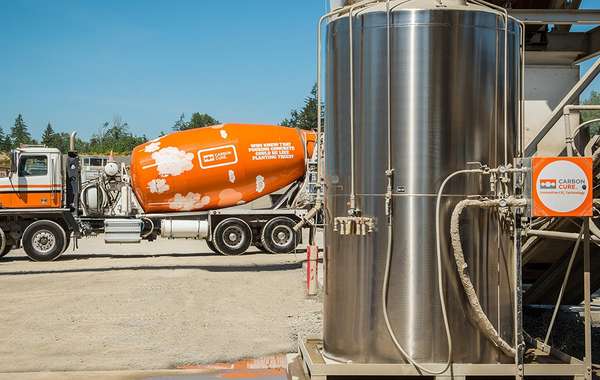
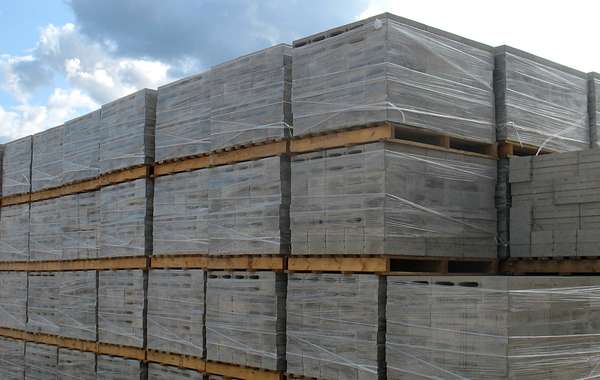
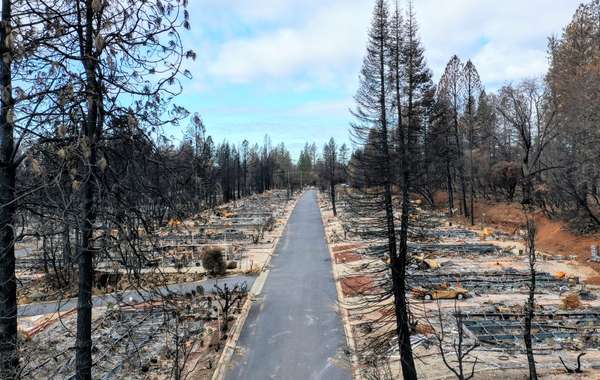
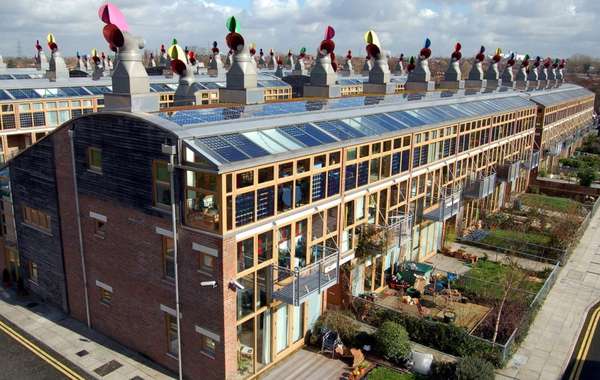

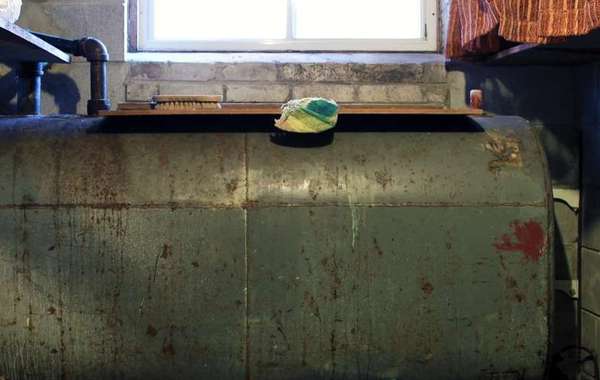
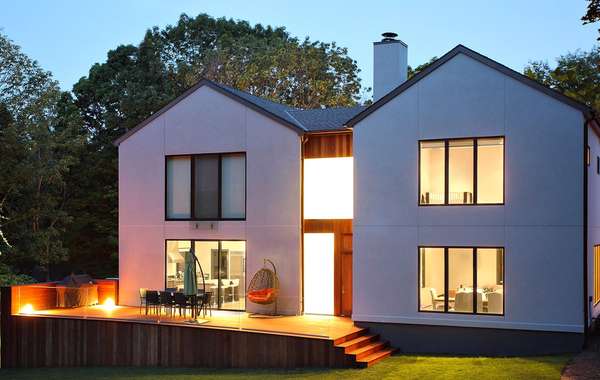
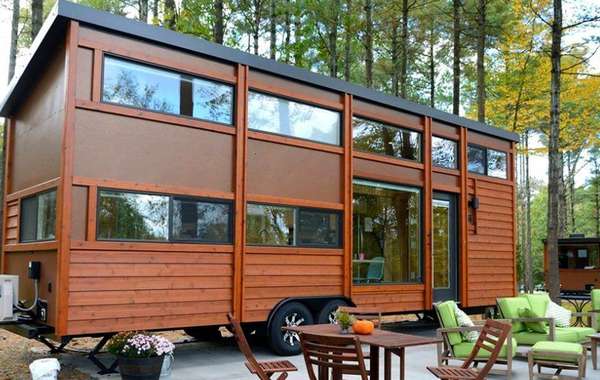

Comments (0)
Sign Up to Comment